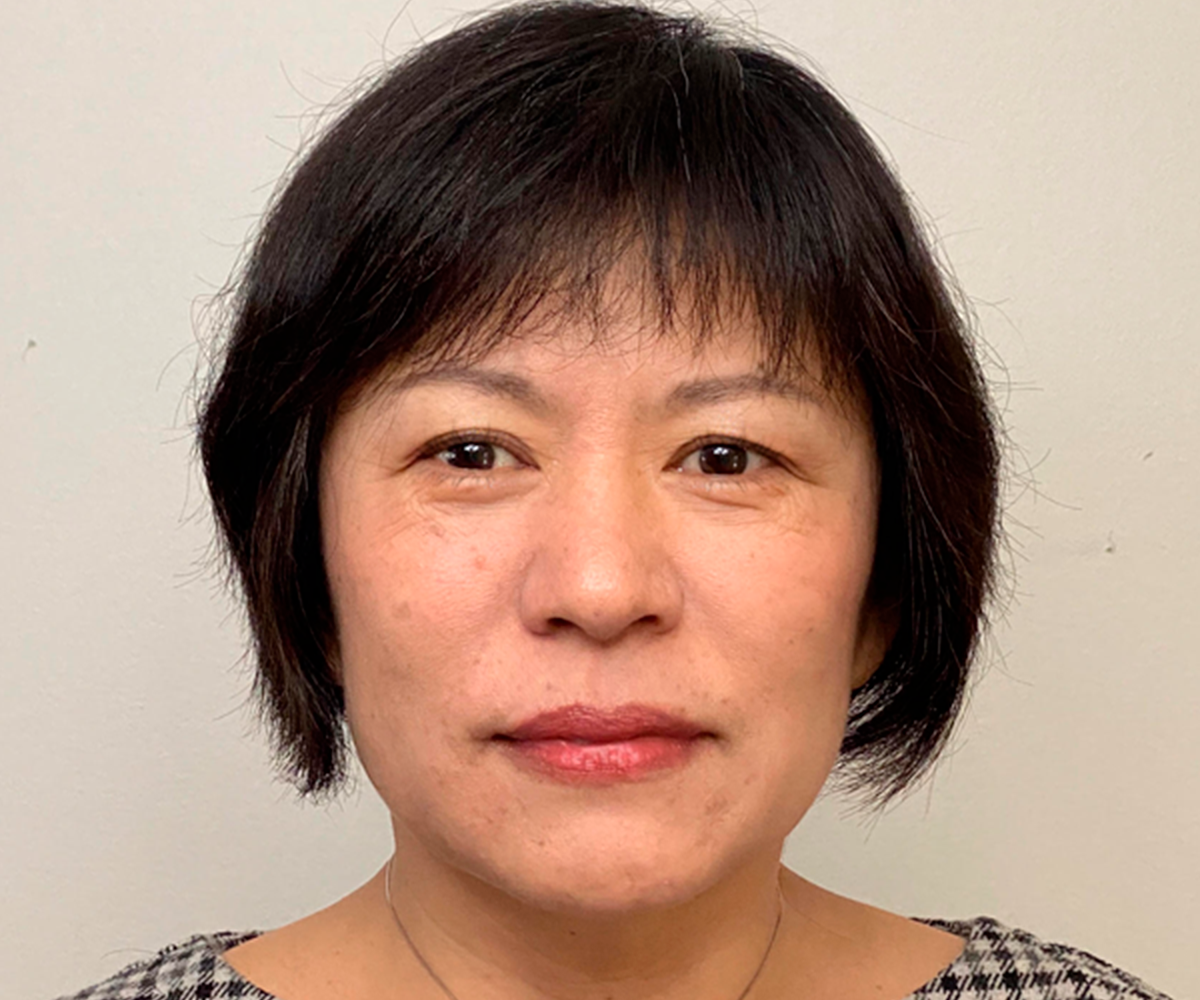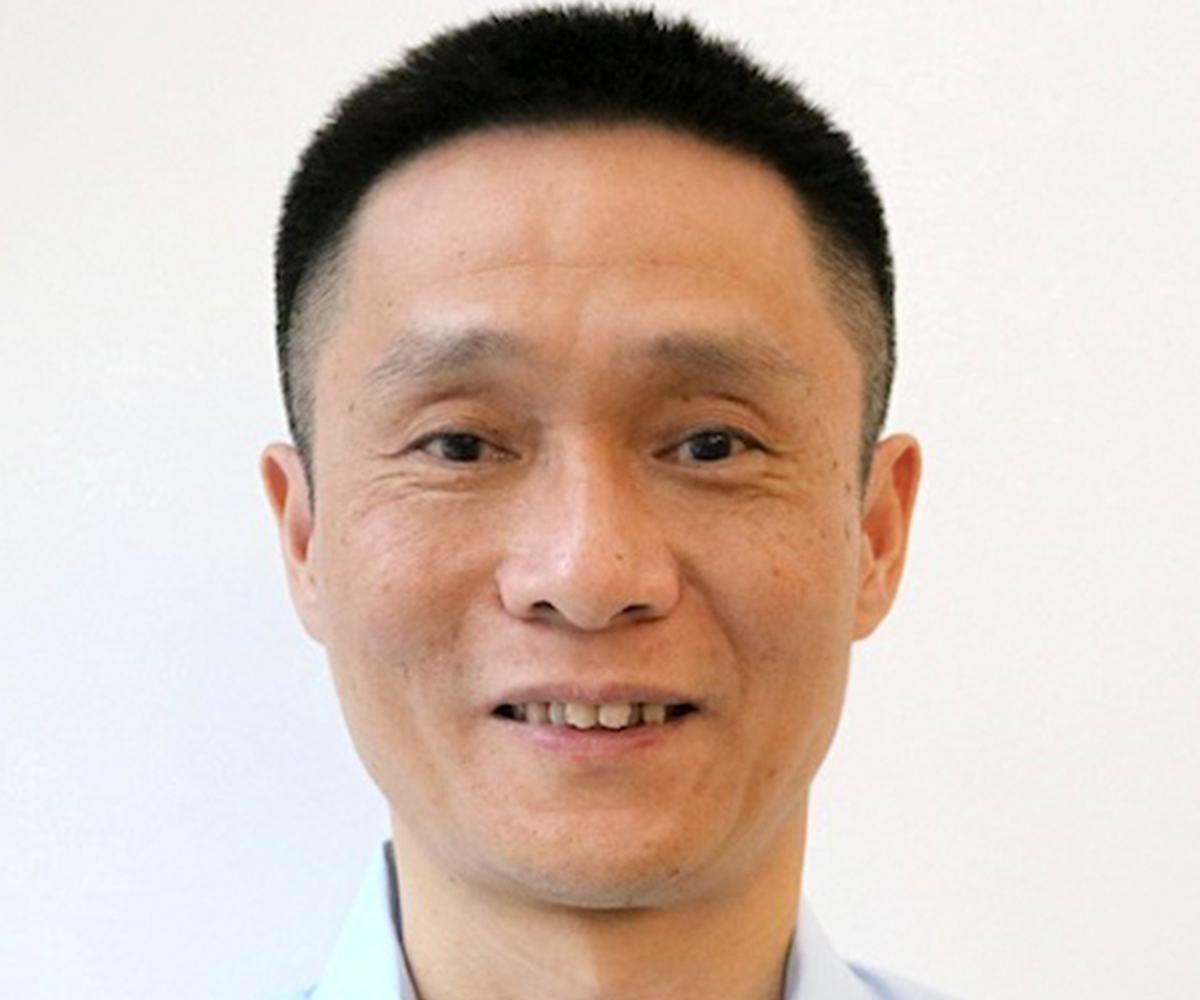



A study co-led by Ludwig Chicago’s Liangliang Wang, Hua Laura Liang, Chuan He and Director Ralph Weichselbaum showed that inhibiting a key protein expressed by immune cells that suppress antitumor immune responses may help overcome resistance to radiotherapy and boost antitumor immunity. The researchers reported in a May publication in Cancer Cell that ionizing radiation induces the expansion of myeloid derived suppressor cells (MDSCs) and their expression of YTHDF2 (or Y2) in both mouse models and cancer patients. Y2 expression in MDSCs, they showed, correlates with poor outcomes for patients and even seemed to promote metastasis of tumors at sites distant from the irradiation, a phenomenon that has been observed in patients undergoing radiotherapy. Its depletion or pharmacological inhibition, meanwhile, boosted the therapeutic effects of ionizing radiation in mouse models of cancer. The Ludwig Chicago team demonstrated that Y2 depletion enhances anti-tumor immunity induced by IR by altering the generation of MDSCs and their infiltration into tumors and inhibiting their immunosuppressive function. The expression of Y2, they found, relies on NF-KB signaling and Y2 in turn activates NF-KB by binding and degrading RNA transcripts encoding proteins that inhibit NF-KB signaling, which activates Y2 transcription. The study also demonstrated that combining Y2 inhibition and RT with immunotherapy further improves outcomes. The strategy, notably, prevented progression of metastasis at distant sites.
YTHDF2 inhibition potentiates radiotherapy antitumor efficacy
Cancer Cell, 2023 May 25